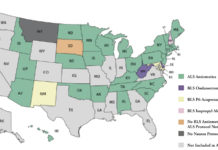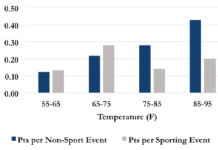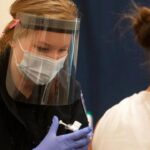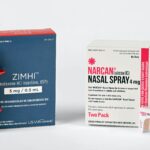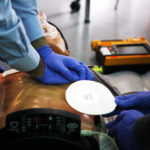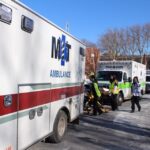Prehospital Antiemetic Therapy in Campus-Based EMS Services
Chuck et al. conducted a cross-sectional analysis of publicly available statewide emergency medical services (EMS) protocols in August 2019 examining the presence of antiemetic therapies at each provider level.
EMS Resource Utilization at College Campus Mass Gathering Events
This study aimed to examine EMS utilization during mass gathering events at an urban university with a collegiate-based EMS agency. Findings suggest that college event planners can potentially utilize event and weather features to predict EMS resource utilization.

